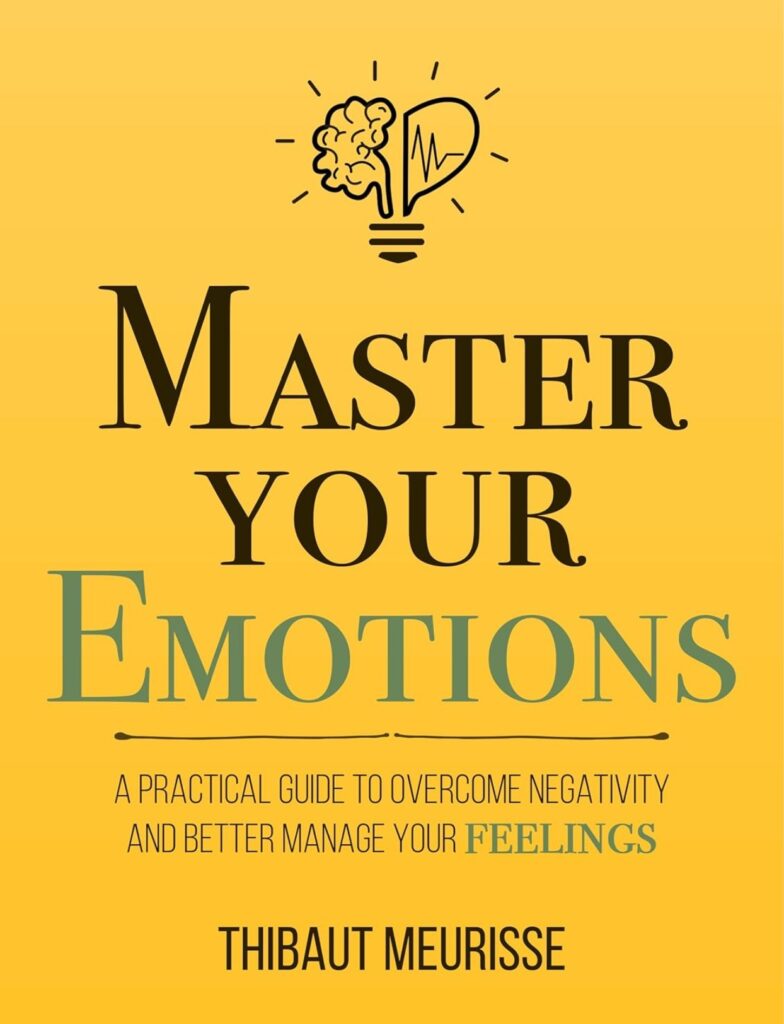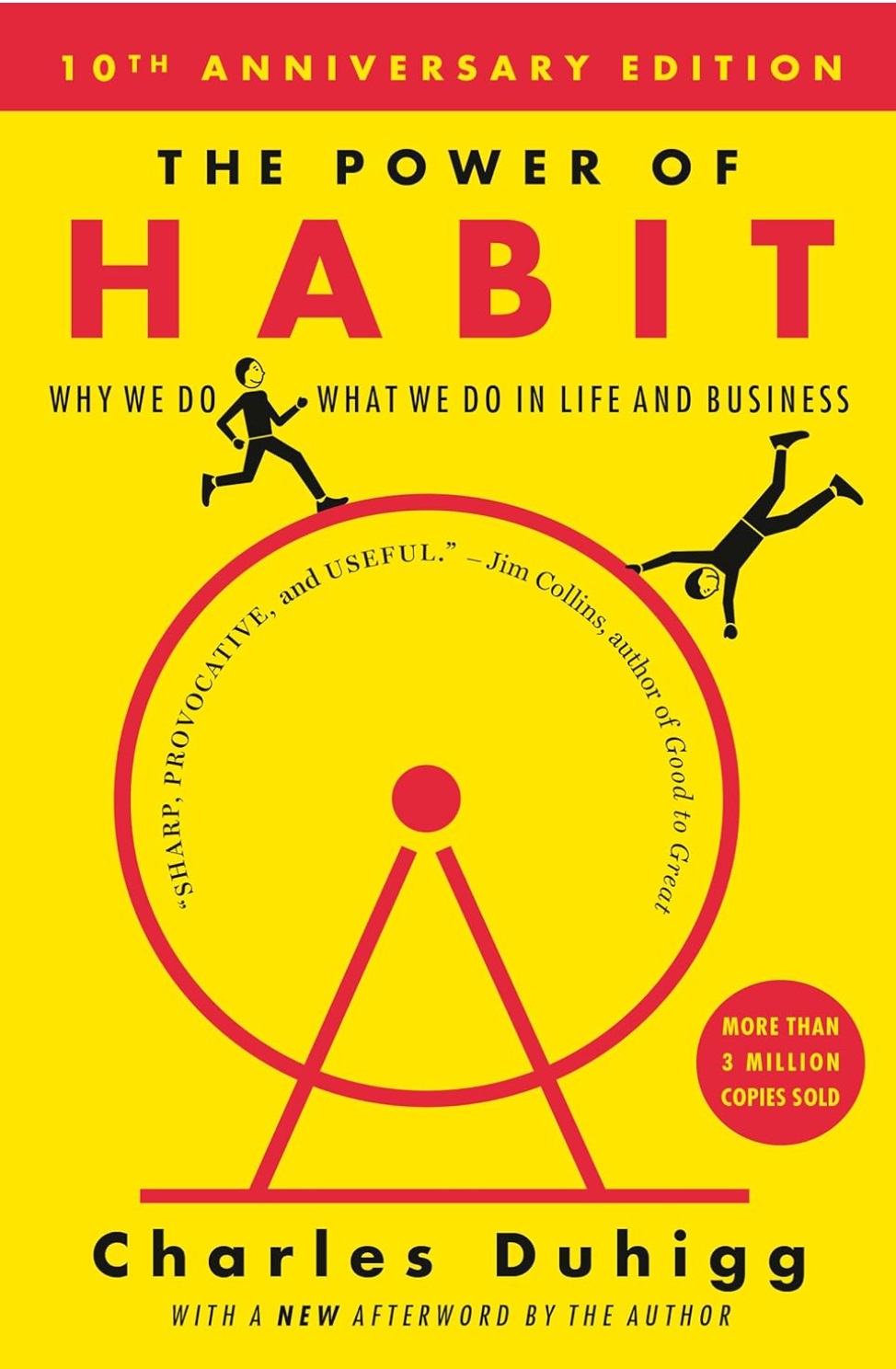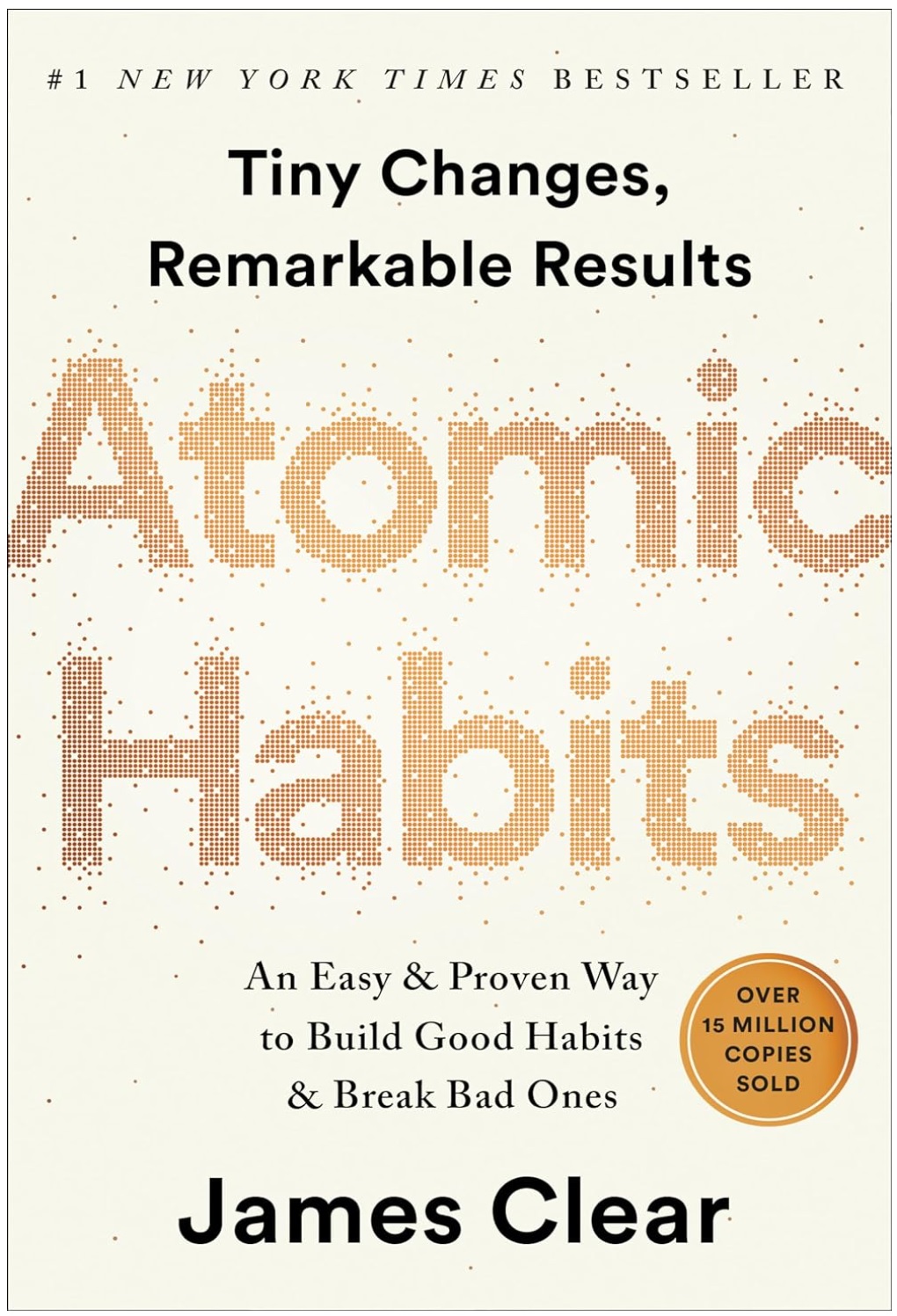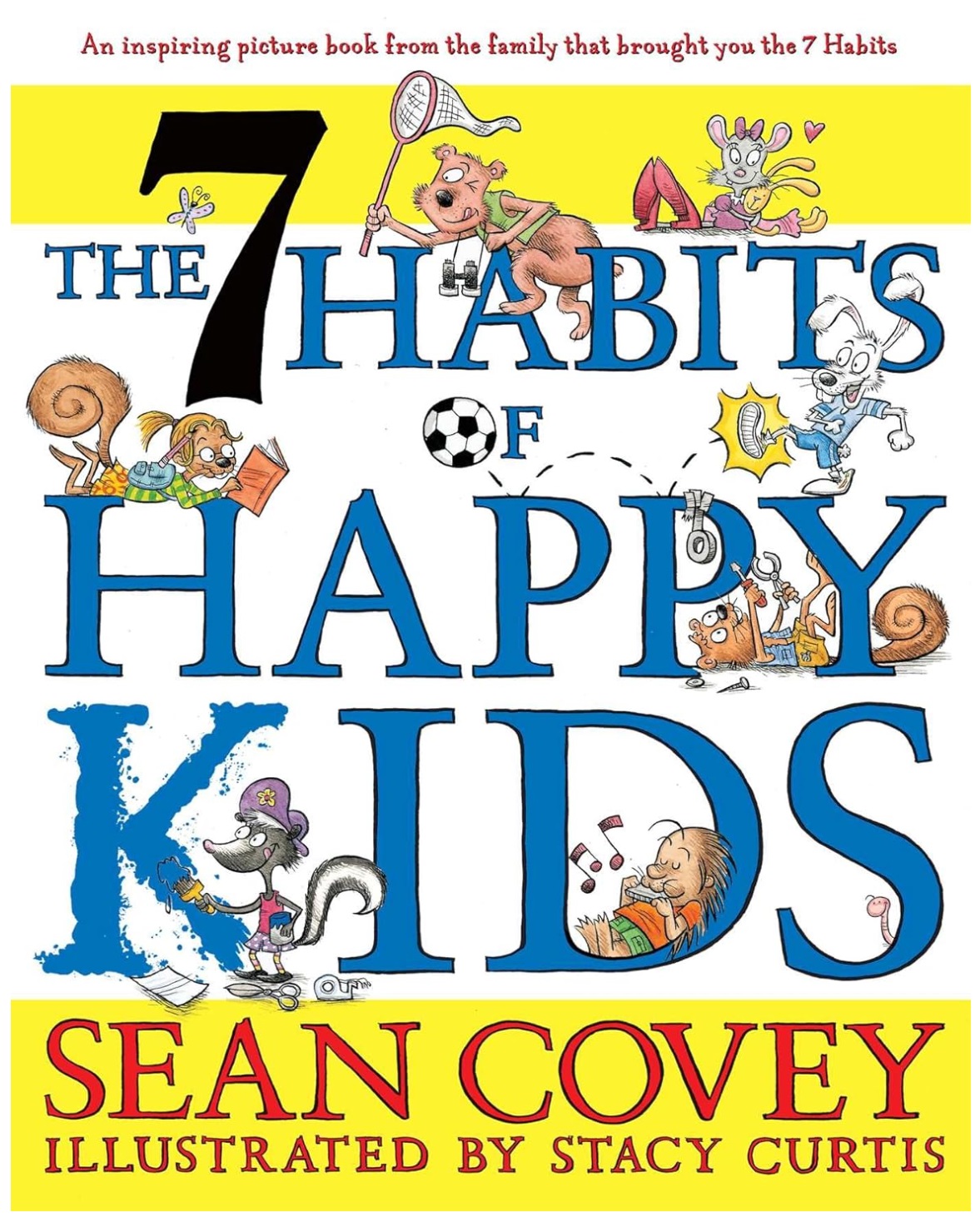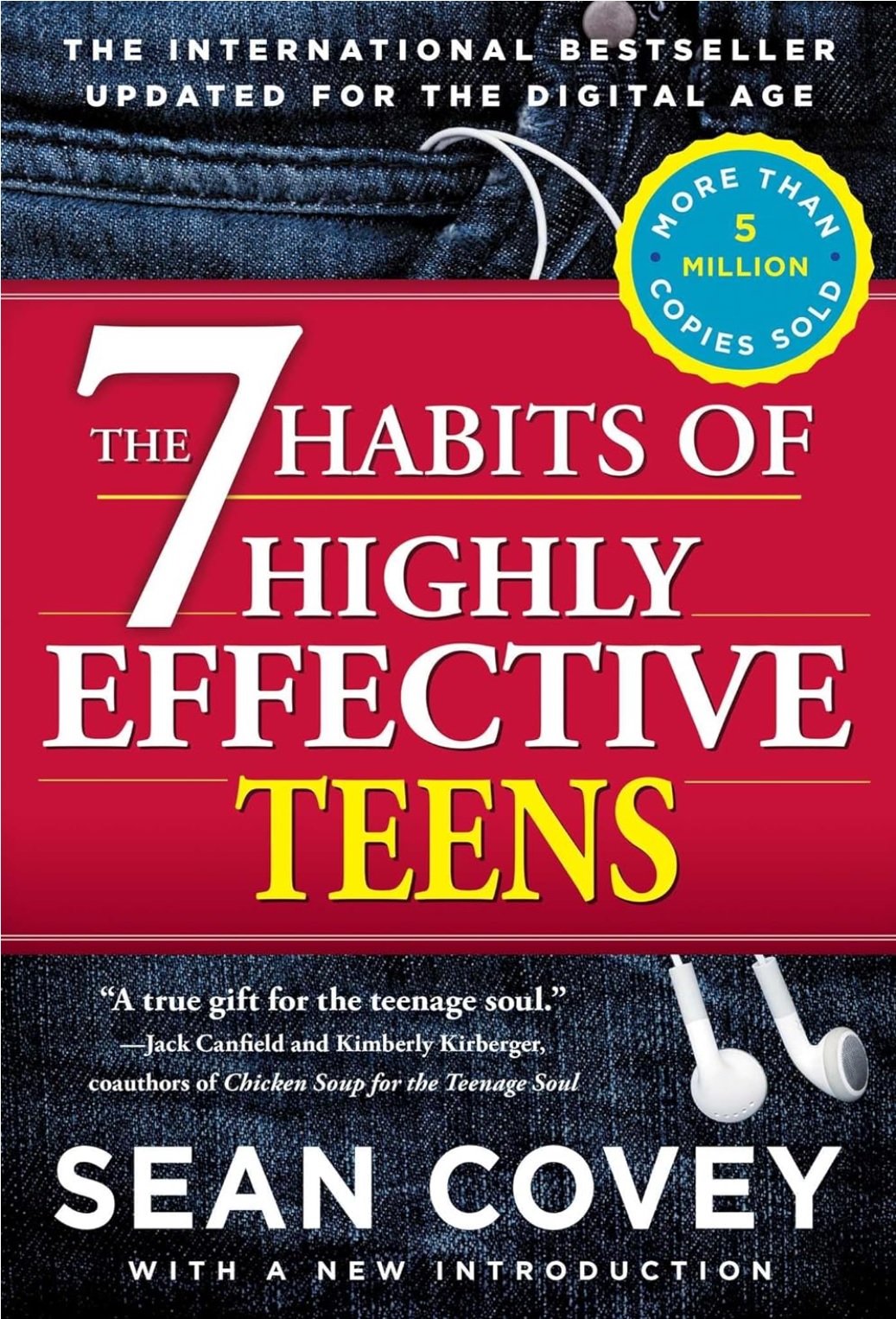Ever feel like your emotions run the show? Master Your Emotions helps you take back control with clear, practical techniques you can use today.
From simple daily habits to mindset shifts that calm your inner storm, this book guides you step-by-step through emotional self-mastery.
Whether you’re battling negativity, overthinking, or emotional burnout, this guide will leave you feeling more grounded, more in control, and more aligned with your best self.
Table of Contents
ToggleIntroduction to the Book
Have you ever caught yourself spiraling after a small comment or a bad day, only to later realize your emotions had completely hijacked your perspective? You’re not alone. That’s exactly the kind of moment Thibaut Meurisse wants to help us unpack in Master Your Emotions.
This book promises a practical, easy-to-follow roadmap to understand, process, and better manage your feelings, especially the negative ones that tend to sneak up on us at the worst times. It’s not about becoming emotionally “numb” or stoic.
Instead, it’s about learning how to respond to your inner world rather than reacting blindly to it. As someone who’s waded through the self-help aisle more than once, I’ll admit I was curious: would this book offer anything new? Or just repackage the same old mindfulness advice?
Essence Of The Book
At its core, Master Your Emotions is about self-awareness and emotional mastery through a psychological and practical lens. Meurisse lays out a simple yet structured framework: understand how emotions work, identify how negative feelings arise, and develop tools to regain control when emotions become overwhelming. It’s part emotional education, part personal empowerment.
You won’t find pages of theory or scientific jargon here. Instead, the author emphasizes action, clarity, and repeatable techniques. Think daily check-ins, mental rewiring exercises, and reframing habits. It’s kind of like having a life coach whispering steady, kind encouragement in your ear, without the hourly rate.
My Compressed Summary Of The Book
The book opens with a basic but powerful question: what exactly are emotions? Meurisse explains that emotions are not mysterious forces but reactions to our thoughts and perceptions. Once we grasp this, we begin to see emotions as something we generate, rather than something that just happens to us.
From there, he discusses how negative emotions, especially, are often the result of faulty thinking patterns, unmet expectations, and clinging to past or future worries. If you’ve ever fallen down the rabbit hole of overthinking, this section will hit home hard.
The heart of the book is where things get actionable. Meurisse introduces strategies to regain power over your emotional state, including visualization, gratitude, mindfulness, detachment from thoughts, and setting up daily routines that prevent emotional spirals in the first place. He offers journal prompts, affirmations, and mini mental exercises. It’s all about building internal habits that make you more resilient and responsive.
Toward the end, the focus shifts to long-term transformation. Emotional mastery isn’t just about reacting better in the moment, it’s about becoming the kind of person who naturally cultivates peace, clarity, and confidence over time. Meurisse argues that when you learn to manage your emotions, you start to align with your values, take bolder action, and ultimately feel more fulfilled.
Writing Style & Flow
Thibaut Meurisse writes with calm precision. His style is uncluttered, concise, and direct, almost like reading the notes of a very thoughtful friend who has tested everything he’s recommending. There’s no fluff, no wasted words. That might sound dry, but honestly, I found it refreshing.
The book’s pacing is smooth and linear. You can pick it up and jump into any chapter without feeling lost. And despite the seriousness of the topic, it never feels heavy.
The tone is kind, almost meditative, which pairs well with the exercises scattered throughout. I especially appreciated the short chapter format, it’s easy to read a few pages during a lunch break and feel like you’ve gained something useful.
Key Strengths & Weaknesses
Strengths
Highly actionable content: The book is loaded with practical tips, prompts, and simple mental tools that can be used immediately.
Clear structure and flow: Each chapter builds logically, giving you a sense of gentle momentum as you move through the content.
Great for beginners: If emotional regulation is new territory, this book feels like a friendly and nonjudgmental introduction.
Weaknesses
Lacks deep personal stories or case studies: Readers looking for narrative examples or emotional storytelling may find it too dry or abstract.
Some repetition: Key points are repeated in different ways, which can be helpful for reinforcement but may feel redundant to seasoned readers.
Simplistic at times: Those already familiar with CBT, mindfulness, or Stoicism may find the insights a bit surface-level.
Who This Book Is For
If you’re someone who struggles with anger, anxiety, frustration, or that general emotional “overwhelm” we all get from time to time, this book is for you. Especially if you’ve never had formal tools for handling emotions, Master Your Emotions offers an approachable gateway into emotional intelligence.
It’s also a great pick for people who love self-help but want less fluff and more function. If you’re busy, easily distracted, or just tired of dense academic writing, you’ll appreciate Meurisse’s brevity. And let’s be honest, who couldn’t use a little help managing their emotions these days?
What Reviews Thought
Amazon Reviewers
Amazon readers rave about the book’s practicality and simplicity. Many call it “life-changing,” and others appreciate how the book offers immediate value without requiring any background knowledge. One reviewer wrote, “I’ve read dozens of books on mindset, but this is the one that finally helped me stop reacting emotionally to everything.”
Criticism is mild and mostly points to the lack of depth. Some readers hoped for more scientific backing or examples beyond the general principles, while others wanted more emotional storytelling to make the lessons “stick.”
Goodreads Reviewers
On Goodreads, reviewers tend to echo the Amazon crowd: high marks for usefulness and clarity. Some readers mention that the book works well as a daily refresher or journaling companion, especially thanks to the exercises. “It’s the kind of book you keep on your desk and reread,” one reviewer noted.
That said, more seasoned personal development readers found the content “introductory.” They wished for deeper exploration of emotion regulation in complex scenarios like trauma, grief, or long-term depression.
My Opinion On the Book's Shortcomings
While I liked the structure and simplicity, I did wish there were more personal anecdotes or emotional depth. Sometimes it felt like I was being told what to do, without fully connecting to the why. I think a few real-life stories, people who’ve used these techniques and changed their lives, would have brought more impact.
Also, while the ideas are solid, they’re not particularly new if you’ve spent any time with books like The Power of Now or The Untethered Soul. So if you’re looking for groundbreaking insights, you might be left wanting.
My Thoughts on Applying This Book's Ideas
I’ll be honest; this book helped me reset. I found myself using the “detach from your thoughts” concept during a frustrating day, and wow, it actually worked. It’s empowering to remember that you are not your emotions, and Meurisse offers gentle reminders of that on nearly every page.
The journaling prompts and daily exercises are probably the most valuable part. They give you a concrete way to reflect and grow over time. I’ve started using a few of them at night before bed, and it’s shifted how I view stressful events during the day.
Comparison to Books on Similar Topics
Compared to books like Emotional Agility by Susan David or The Happiness Trap by Russ Harris, Meurisse’s book is far simpler and more direct. It doesn’t delve into research studies or complex theory. Think of it as a workbook version of those deeper texts.
It also shares DNA with Stoic works like The Daily Stoic, but removes the historical philosophy and instead gives you “today’s language.” For readers who want emotional mastery without decoding Latin phrases or academic studies, this hits the sweet spot.
Final Verdict
Master Your Emotions is a short, sharp, and surprisingly effective guide to navigating your emotional world. It’s not deep or groundbreaking, but it’s definitely practical. If you’re new to emotional self-work, it’s one of the gentlest entries into the space that still packs a punch.
This book won’t change your life overnight, but it might change how you approach your next bad mood, your next spiral of overthinking, or your next burst of anger. And honestly? That’s powerful. Emotional mastery doesn’t come from dramatic revelations, it comes from small shifts. This book helps you make those shifts with clarity and kindness.

